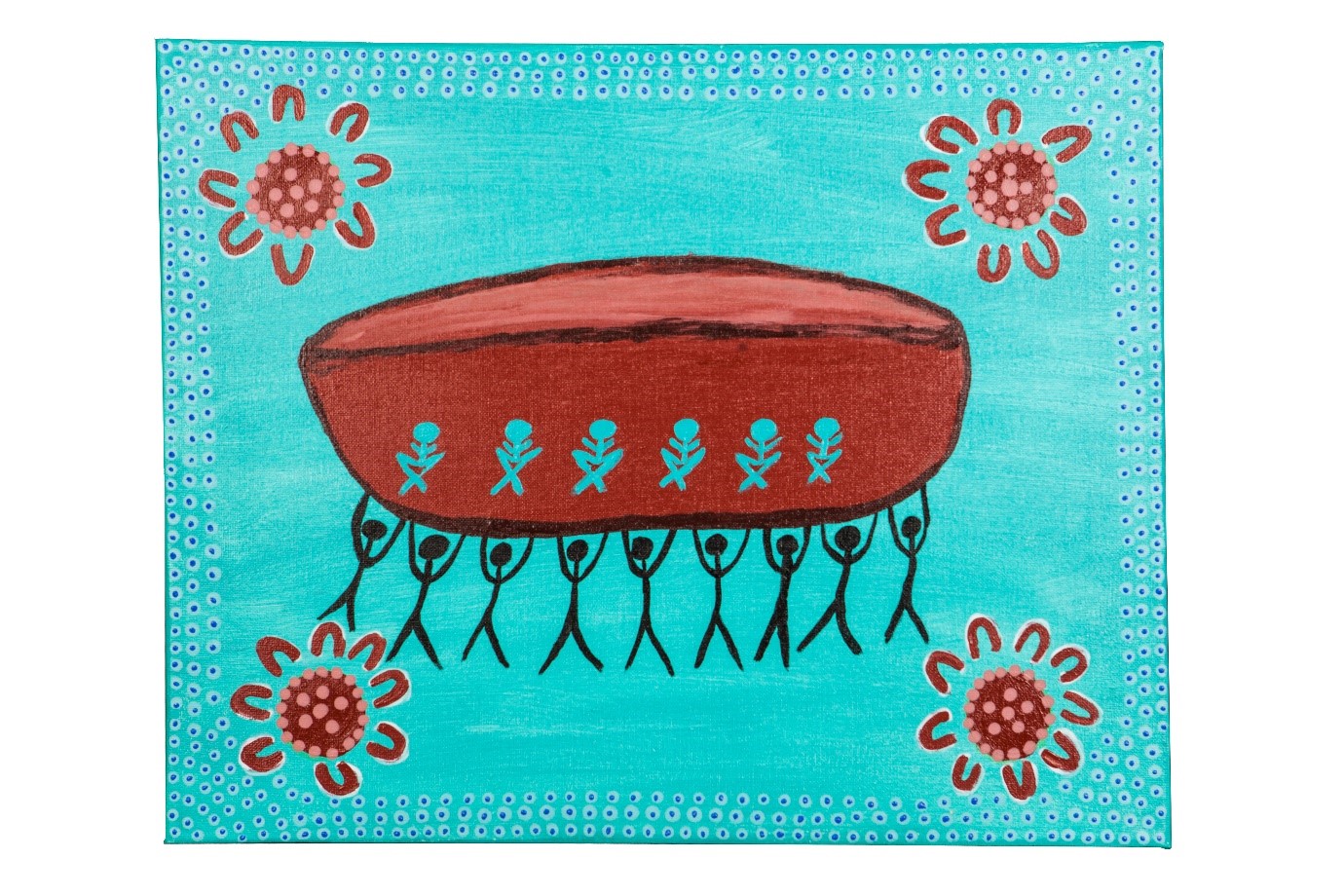Search
Research
Early Vocabulary Development of Australian Indigenous Children: Identifying StrengthsThe current study sought to increase our understanding of the factors involved in the early vocabulary development of Australian Indigenous children.
Research
Evidence for the use of an algorithm in resolving inconsistent and missing Indigenous status in administrative data collectionsWe found that algorithms reduced the amount of missing data and improved within‑individual consistency.
Research
Cognitive Flexibility, Theory of Mind, and Hyperactivity/InattentionThe present study analyzed the concurrent and longitudinal relations among cognitive flexibility, theory of mind, and hyperactivity/inattention.
Research
Climate change, child health and the role of the paediatric profession in under-resourced settingsClimate change and its health impacts are increasingly recognised by the world's leading medical organisations and journals.
Research
Socioeconomic disparities in the mental health of Indigenous children in Western AustraliaThe burden of mental health problems among Aboriginal and Torres Strait Islander children is a major public health problem in Australia.
Research
Socioeconomic disparities in physical health among Aboriginal and Torres Strait Islander children in Western AustraliaWe sought to provide insights by examining socio-economic disparities in physical health outcomes among Aboriginal and Torres Strait Islander children in WA.
Research
Approaches that support Indigenous children and families in the transition to school: A systematic reviewThe early years are critical for lifelong wellbeing, with transition to formal school a key period for development. For Indigenous children, this transition provides opportunities to build on cultural strengths and belonging. However, many children face systemic barriers that impact their transition experiences, highlighting a need for culturally safe programs that support Indigenous families during this significant time.
Research
Koolungar (Children) Moorditj (Strong) Healthy Skin Project Part II: Skin Health in Urban-Living Australian Aboriginal ChildrenAlthough essential for overall health and wellbeing, little is known about skin health in urban-living Australian Aboriginal children. This co-designed, research-service project aimed to describe skin health and document skin disease frequency in urban-living Aboriginal children and young people in Western Australia and investigate housing associations for skin infections.
Research
Strategies for coping and dealing with lateral violence among Aboriginal people living in south-east AustraliaLateral violence, a group of behaviours directed towards people of the same group, is considered endemic among Aboriginal people. Behaviours include bullying, gossiping, isolation or exclusion of certain group members, and challenges to one’s Aboriginal identity. Lateral violence impacts all aspects of one’s life. Due to its pervasiveness, this qualitative study investigated strategies employed by Aboriginal people to deal with lateral violence.

Research
Ngulluk Koolunga Ngulluk Koort (Our Children, Our Heart) ProgramBrings the Aboriginal community(s) of Perth together with service providers & policy makers to improve outcomes for Aboriginal kids and their families.
